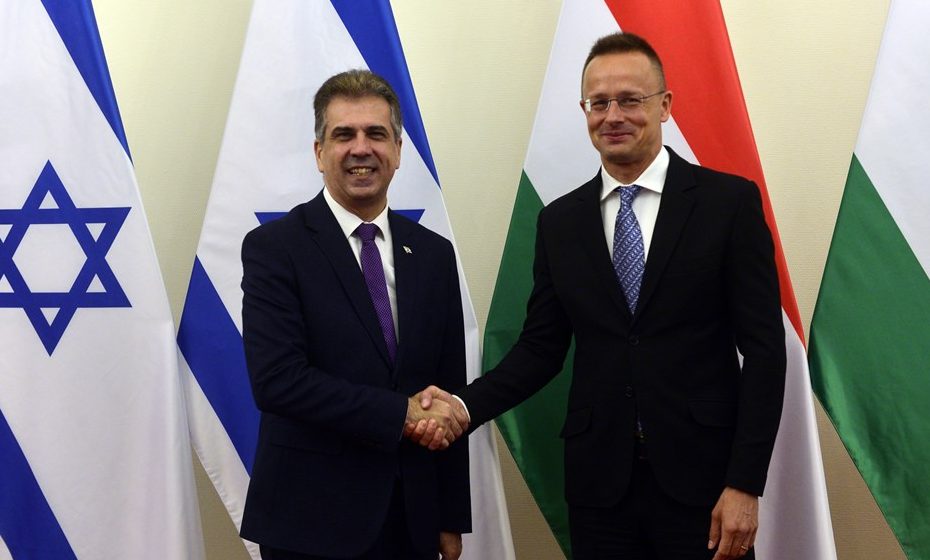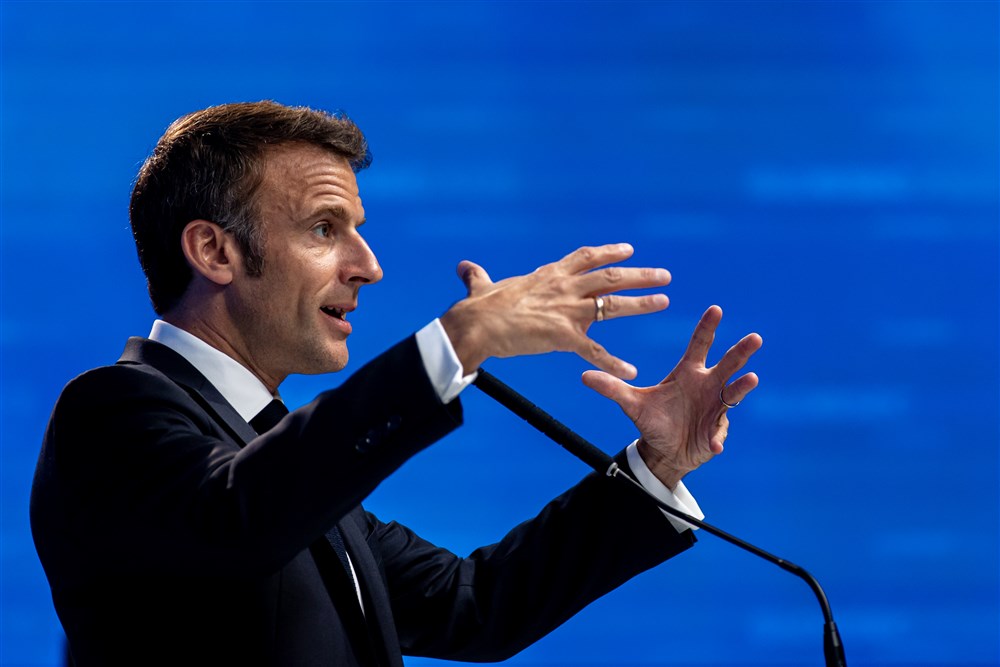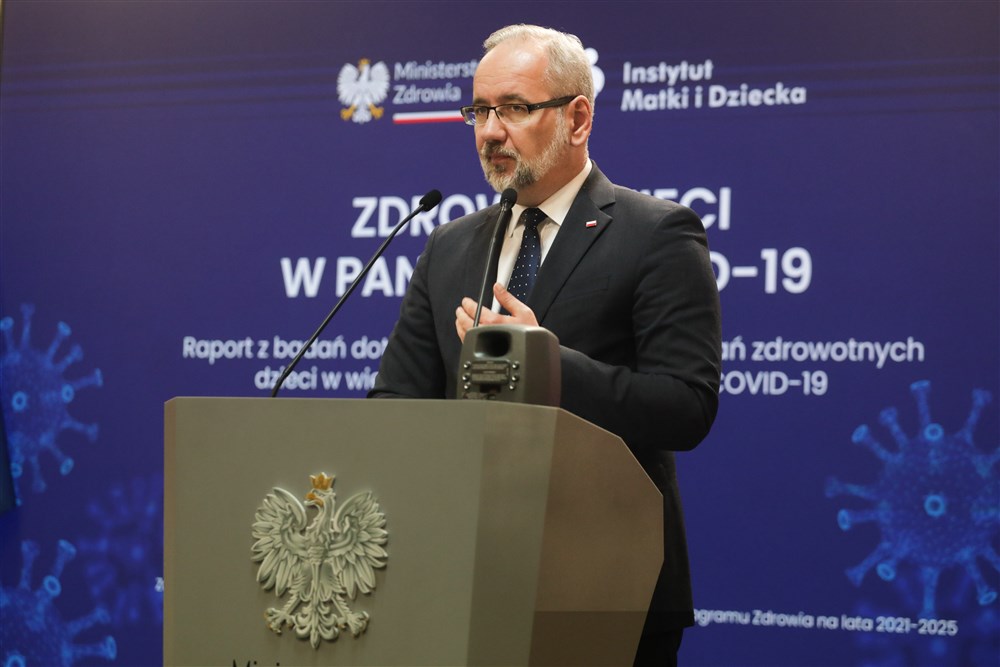Thierry Breton, the European Commissioner for Internal Market, says the European Union should buy companies that are strategically important to its economy, adding, “especially in health and energy”.
Breton was addressing the economic committee of the French Parliament on Thursday in a talk titled “European Industrial Sovereignty”.
The Commissioner spoke at length to French MPs outlining his belief that it is vital the EU takes a stronger role in directing the bloc’s economy via the proposed European Sovereignty Fund.
The fund is a planned Member State collective designed to support EU industries. It was initially put forward last autumn by Ursula von der Leyen, the head of the European Commission, and has since been vocally supported by Breton.
As well as backing strategically important European companies, Breton said that the fund could be used to purchase such businesses if they played “key strategic, if not systemic, roles” in the economy.
His remarks come amid part of a larger EU strategy to achieve two goals. Firstly, to enable EU industries, production and the European market to be more self-contained and self-reliant. Secondly, for a standalone EU economy to be created and controlled by the EU itself, rather than Member States individually.
The aim of the planned fund will be “to export our technologies and our products instead of our jobs”, Breton told the French MPs, adding that the need for such a mechanism is “no longer a subject of debate”.
Regarding Member States’ ability to control their own economies, he said the Covid pandemic and the war in Ukraine have shown “there is not a single country who can fight these crises”. Besides, he added, “those who leave the Union suffer from it”, making a clear reference to Brexit.
Still, his remarks do not as yet represent a widespread EU policy standpoint and the specifics of the proposed European Sovereignty Fund are still undecided.
Speaking to the Brussels Signal, a Commission representative described the planned fund as a “blueprint” thus far, with details yet to be defined. Specifics are “still being discussed at the political level”, including where the fund’s finances will come from, the amount available and how the money will be spent.
These and other details are set to emerge when the EU checks its coffers as part of the Multiannual Financial Framework Review towards the end of June. At that point, the amount of cash on the table to spend, and on what, should become clearer.
However, Breton has said he does not intend the proposed European Sovereignty Fund to be financed by collective EU debt.





